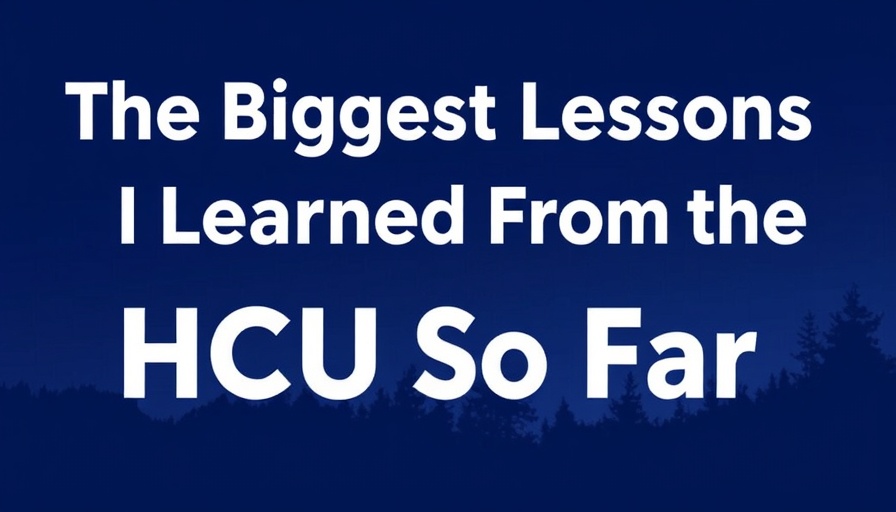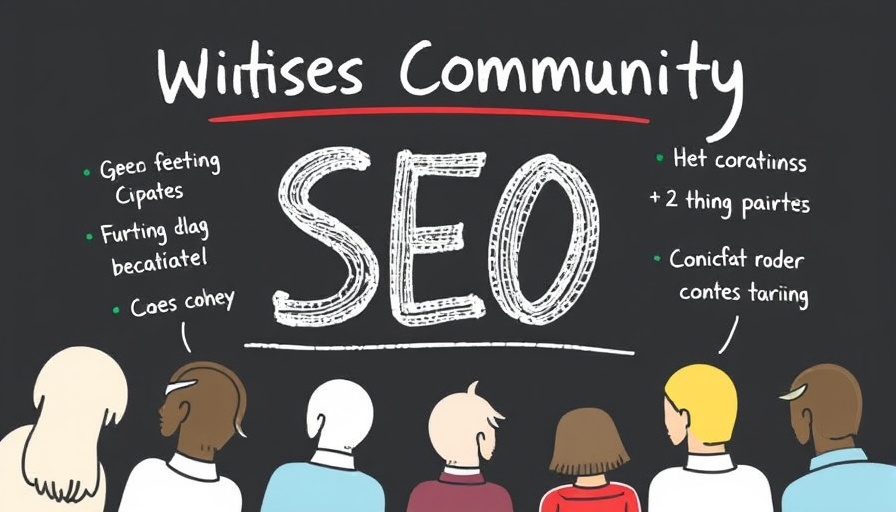
Understanding Google's Helpful Content Update
Since its launch in 2023, Google's Helpful Content Update (HCU) has reshaped the landscape of SEO and content strategy. This update is pivotal for anyone involved in creating or managing web content. However, grasping its implications can be challenging due to the vague guidance offered by Google and industry experts alike.
The Challenge of Defining 'Helpful'
Google has consistently advised content creators to produce "helpful content." Yet, what does 'helpful' really mean? The crux of this dilemma lies in the observation that Google's evaluation of content extends far beyond isolated pages. It assesses how well each piece of content aligns with other topics on the site. This interconnectedness suggests that an effective content strategy cannot be based solely on individual articles but rather must consider the website's overarching topical scope.
Insights From Technical Tests
Since August 2021, ongoing daily indexation tests revealed critical insights. The introduction of the HCU catalyzed significant changes in how Google indexed and served content, leading to noticeable declines in indexation rates. For instance, a marked drop occurred following a standalone HC update on December 5, 2022. This shift called for a more strategic approach to content publication.
The Impact of Content Grouping
Unlike past updates like Panda, which focused on singling out low-quality or thin content, HCU takes an integrative approach. My data shows that all pages on a domain are evaluated collectively, particularly regarding their topical relevance. This trend aligns with findings from my testing, which demonstrated that when content is cohesively thematically aligned, indexation rates can skyrocket—evidence that topicality matters greatly in the eyes of Google.
Broader Implications for Content Creators
In an era where SEO encompasses more than just optimizing individual articles, content creators must evolve their strategies. Writers cannot solely dwell on crafting optimal standalone pieces if those pieces do not contribute meaningfully to the site's broader narrative. Enterprise-level SEO strategies must account for sitewide content alignment.
Tips for Navigating HCU
To align with HCU principles:
- Focus on Topical Cohesion: Ensure that all pieces of content are interconnected thematically. This not only enhances user experience but also aligns with how Google evaluates sites.
- Engage in Continuous Analysis: Regularly review and adapt content strategies based on ongoing performance metrics and indexation rates.
- Educate Your Team: Make sure your content creators understand the broader context of HCU and equip them with the knowledge to produce not just good content, but content that improves the site's overall helpfulness and authority.
By shifting focus from isolated content creation to strategic thematic alignment, website owners and content creators can leverage the HCU to their benefit.
 Add Row
Add Row  Add
Add 




Write A Comment